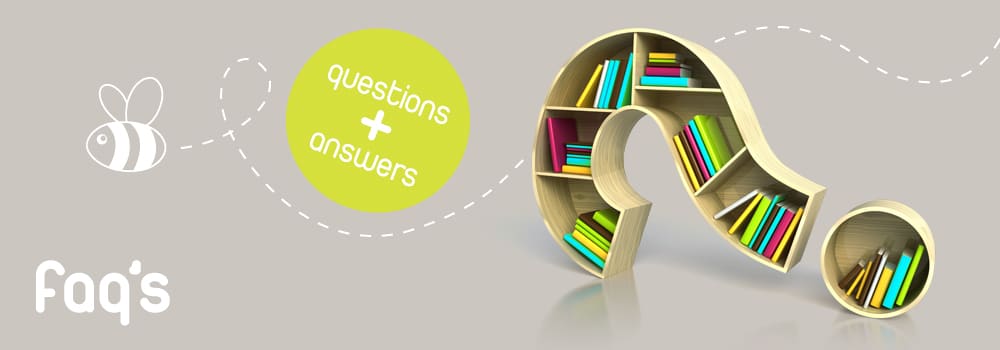1. Why is Early Childhood Education (ECE) important for my child?
i. ECE aims to work in partnership with parents.
ii. ECE is important as it provides a learning space alongside other children.
iii. ECE is important as it helps build foundation skills for lifelong learning.
The Early Childhood (EC) curriculum document – Te Whāriki – has the following aspirations for your children:
“To grow up as competent and confident learners and communicators, healthy in mind, body and spirit, secure in their sense of belonging and in the knowledge that they make a valued contribution to society.”
It emphasises:
i. Empowerment – the EC curriculum empowers the child to learn and grow.
ii. Holistic development– the EC curriculum reflects the holistic way children grow and learn.
iii. Family and community– the wider world of family and community is an integral part of the EC curriculum.
iv. Relationships –children learn through responsive and reciprocal relationships with people, places and things.
Early childhood is...
“...a period of momentous significance for all people growing up in (our) culture...By the time this period is over, children will have formed conceptions of themselves as social beings, as thinkers, and as language users, and they will have reached certain important decisions about their own abilities and their own worth.”
(Donaldson, Grieve and Pratt, 1983)
2. Do early childhood teachers really need to be qualified?
Research recently published by Te Tari Puna Ora o Aotearoa / NZ Childcare Association confirms that they do:
"The results were clear: children experience a higher standard of learning and care in services where all teachers are qualified." (Nancy Bell, NZ Childcare Association Chief Executive)
Click here to read the full research report...
Click here to read the Executive Summary of the report...
"The results were clear: children experience a higher standard of learning and care in services where all teachers are qualified." (Nancy Bell, NZ Childcare Association Chief Executive)
Click here to read the full research report...
Click here to read the Executive Summary of the report...
3. Why is Kindergarten the best choice of ECE for my child?
i. Proven quality - Kindergarten teachers are 100% trained, registered and committed, ensuring that your children
will receive the high quality education and care they deserve.
ii. The trusted choice - Kindergartens have specialised in providing high quality education and care to New Zealand children for so many decades we are a trusted kiwi tradition.
iii. Still affordable - Kindergartens are not for profit; all funding is used for the high quality resources and environments essential for the education and care of your child.
iv. Choice of location - Nelson Tasman Kindergartens has 21 Kindergartens and Centres throughout the Nelson and
Tasman regions.
v. Variety of hours - Nelson Tasman Kindergartens’ 19 Kindergartens and Centres offer a wide variety of opening hours including morning and afternoon sessions, all-day sessions, and working day hours.
will receive the high quality education and care they deserve.
ii. The trusted choice - Kindergartens have specialised in providing high quality education and care to New Zealand children for so many decades we are a trusted kiwi tradition.
iii. Still affordable - Kindergartens are not for profit; all funding is used for the high quality resources and environments essential for the education and care of your child.
iv. Choice of location - Nelson Tasman Kindergartens has 21 Kindergartens and Centres throughout the Nelson and
Tasman regions.
v. Variety of hours - Nelson Tasman Kindergartens’ 19 Kindergartens and Centres offer a wide variety of opening hours including morning and afternoon sessions, all-day sessions, and working day hours.
4. Will it cost me anything?
The Government funds up to 20 hours ECE in many circumstances.
Click here for further information on the costs of ECE.
Click here for further information on the costs of ECE.
5. Is my boy ready to go to school?
All children are unique. This is a fact that should not be overlooked when making any decision that effects children, whether it is supported by research or not. Another fact that is equally important is that you know your child best. You know more about him than any researcher could ever know.
Your son’s transition to school will be one of the most important transitions of his life. From it he will learn what he is
good at, and what he is not so good at, what is fun, and what he will try to avoid.
In New Zealand we have a cultural ritual of sending children to school on their 5th birthday, this is a ritual because New Zealand law says that all children must attend school by the age of 6. For some children, and most often they are boys, 5 is too early to make this important transition, often they need a bit longer to develop the skills that will put them in good stead to be successful at school from the get go.
Click to read more...
Your son’s transition to school will be one of the most important transitions of his life. From it he will learn what he is
good at, and what he is not so good at, what is fun, and what he will try to avoid.
In New Zealand we have a cultural ritual of sending children to school on their 5th birthday, this is a ritual because New Zealand law says that all children must attend school by the age of 6. For some children, and most often they are boys, 5 is too early to make this important transition, often they need a bit longer to develop the skills that will put them in good stead to be successful at school from the get go.
Click to read more...

